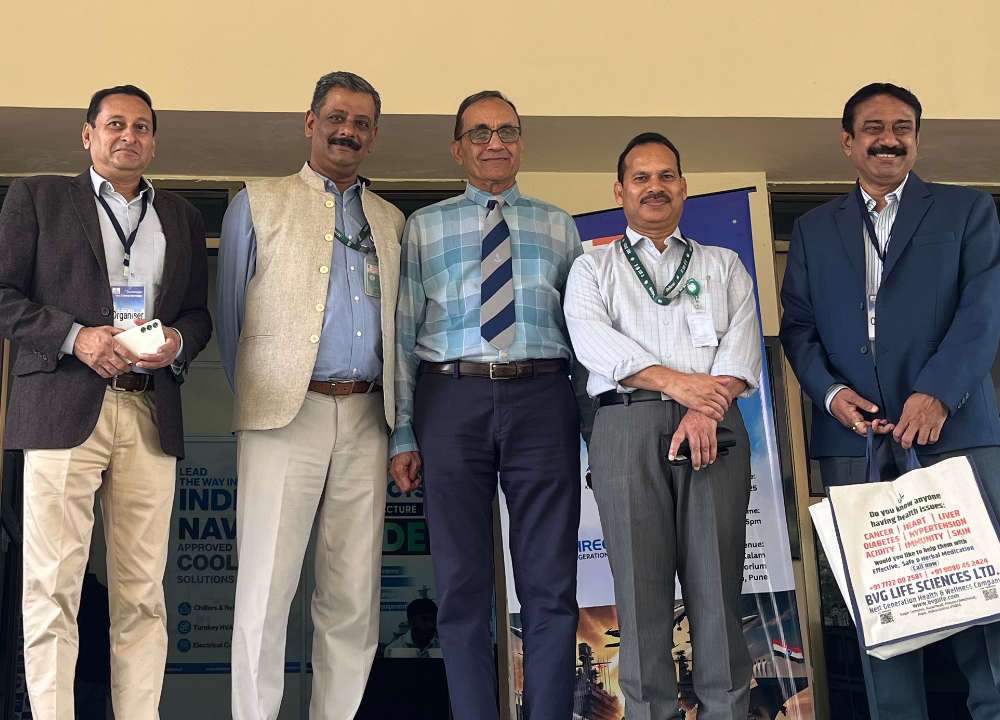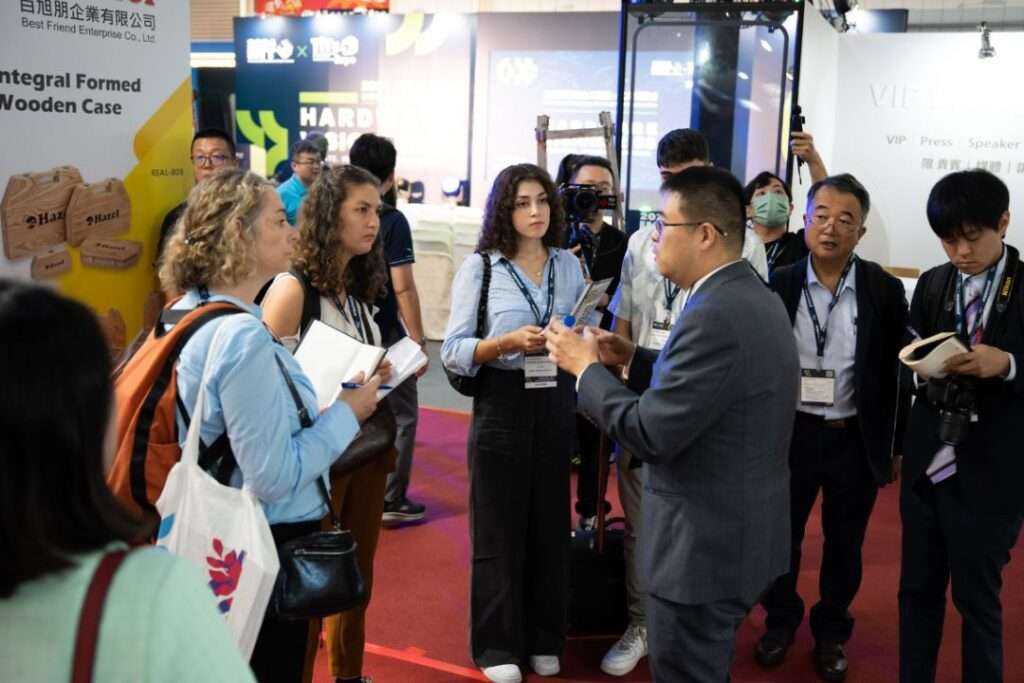Hyundai Motor Group has entered into a research collaboration with Singapore’s Nanyang Technological University (NTU) to explore innovative energy solutions. This three-year partnership will focus on hydrogen energy development and advanced energy systems tailored for Singapore’s unique conditions, aiming to contribute to carbon neutrality.
Hyun Sung Park, CEO of Hyundai Motor Group Innovation Center Singapore (HMGICS), emphasized that the collaboration will accelerate the Group’s research in sustainable technologies and support commercial mobility solutions. The agreement was signed at the Singapore-Korea Business Forum, attended by key leaders from Hyundai, NTU, and government officials from both countries.
Given Singapore’s reliance on natural gas for 95% of its power generation, the city-state faces significant challenges in reaching carbon neutrality. This partnership will focus on adopting Hyundai’s innovative hydrogen production technologies, such as Plastic-to-Hydrogen (P2H) and Waste-to-Hydrogen (W2H) systems, to create clean energy from non-recyclable plastic and organic waste.
The partnership also aims to develop advanced energy systems suited for urban settings like Singapore, offering easy installation and enhanced safety. In a parallel initiative, Hyundai, NTU, and Singapore’s Agency for Science, Technology, and Research (A*STAR) will establish a research center focused on AI, robotics, and 3D printing to support future mobility solutions.
Professor Lam Khin Yong of NTU highlighted the importance of industry collaboration in addressing global sustainability challenges, reaffirming the commitment to developing cutting-edge, sustainable technologies through this partnership.
Hyundai Motor Group is a South Korean multinational automotive manufacturer known for its commitment to innovation and quality in the automotive sector. Founded in 1967, the group encompasses several well-known brands, including Hyundai, Kia, and Genesis, each catering to various market segments.
The company has gained global recognition for its cutting-edge technology, sustainable practices, and design excellence. The company is actively investing in research and development, particularly in areas such as electric vehicles (EVs), autonomous driving technology, and smart mobility solutions.
With a strong emphasis on environmental sustainability, Hyundai aims to reduce its carbon footprint by introducing eco-friendly vehicles and integrating renewable energy solutions into its operations. Headquartered in Seoul, South Korea, the group operates numerous manufacturing facilities worldwide, ensuring a significant presence in the global automotive market.








